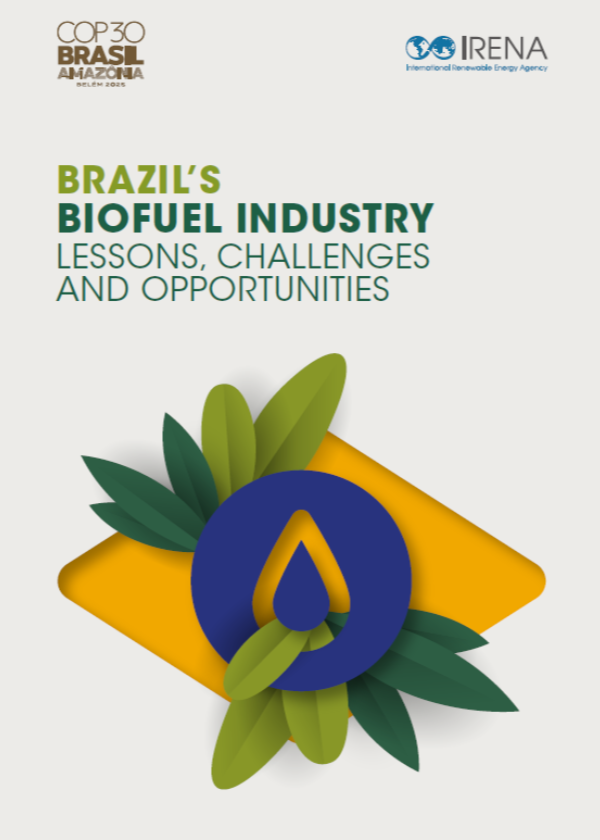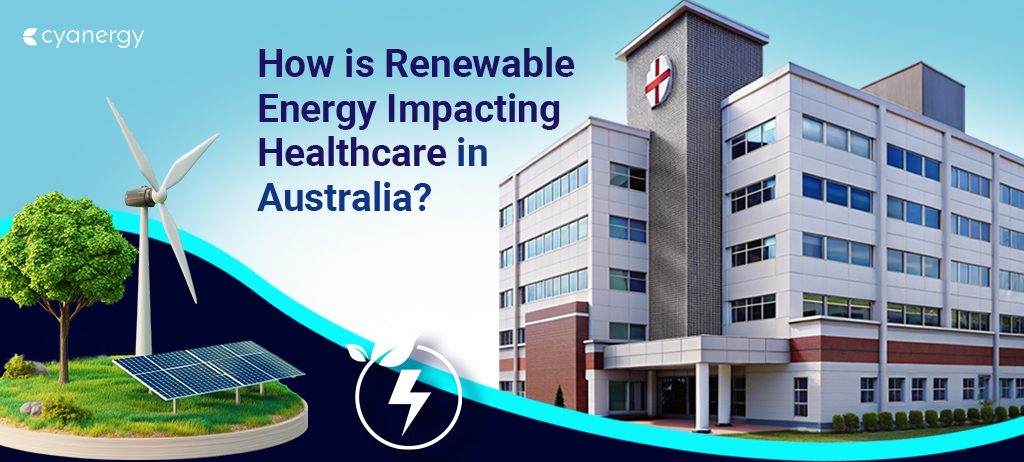Today, the U.S. Department of Energy (DOE) welcomed 25 new coastal, remote, and island communities to the Energy Transitions Initiative Partnership Project (ETIPP) as the technical assistance program’s fourth cohort. These types of geographically isolated communities face unique energy challenges, including issues with accessing reliable and affordable power and increasing energy resilience. ETIPP helps communities assess and advance the clean energy solutions that best meet their needs, with support from experts at DOE’s national labs and a network of regional partner organizations.
“DOE is committed to closing the gap between clean energy ambitions and real-world deployment in communities across America where tailored solutions are needed to overcome barriers,” said Jeff Marootian, principal deputy assistant secretary for the Office of Energy Efficiency and Renewable Energy. “ETIPP provides communities with the tools and resources they need to realize an equitable, cleaner, and more resilient energy future, no matter their location or unique challenges.”
This marks ETIPP’s largest cohort to date, nearly double the total number of communities that have participated in the program since it launched in 2020. It’s also the most geographically diverse cohort, thanks to expanded partnerships with regional partner organizations and dedicated funding to support their capacity building engagements with communities in their regions. Community projects include electric transportation, solar power interconnection, wind energy potential, wildfire preparedness, home heat pumps and weatherization retrofits, and microgrids and battery storage, among other solutions. Read more about the fourth cohort of ETIPP communities and their projects.








Leave a Reply